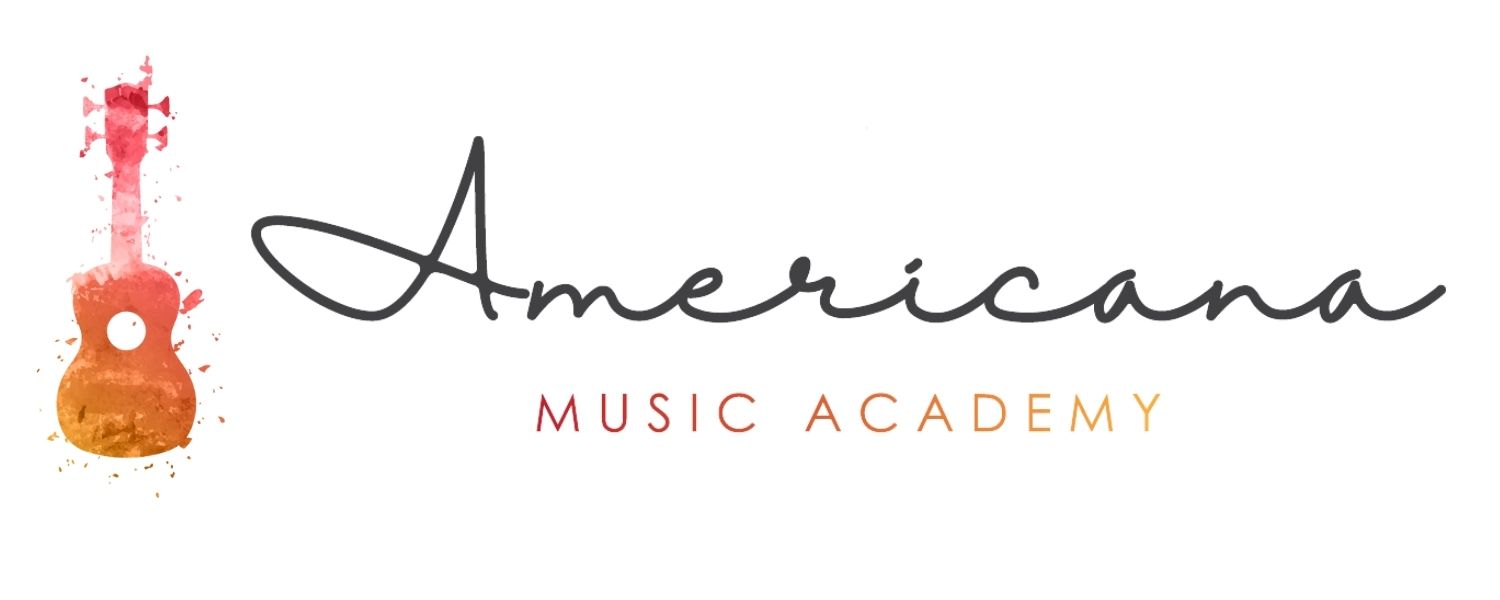Bryan Hicks was introduced to music in high school, where he played cello, bass, and sang. After only one year of college as a cello major, he became a full time professional at the age of 20. He started his career with the Inner-City Orchestra, an 18-piece big band that originally hired him as a guitarist. Later, he switched to bass, and he stayed with the Inner-City Orchestra for 1½ years. It was during this time that he started playing clubs and events with well-established players: “Fats” Dennis, Roy Searcy, Ed Pharr, Oliver Todd, Rich Hill, Ben Kynard, John Lyman, Dean Stringer, Orville “Piggy” Minor, and others.
For three years, Bryan played with Rich Hill and the Riffs, featuring Ida McBeth. It was during this time that he became a founding member of the Bon Ton Soul Accordion Band. He also worked with the likes of Mose Allison, Eddie “Cleanhead” Vinson, Jimmy Witherspoon, and Charlie Mussellwhite.
Bryan also played and sang with Jazzmania, the house band at the famed Milton’s Taproom jazz club. He played concerts with Jim Snidero, Dave Glenn, “Slide” Hampton, and was a member of the Tommy Ruskin Trio, among others. He also played and sang with Karrin Allyson for two recordings.
He played in a popular trio with Rod Fleeman and Randy Weinstein at the Boulevard Café Sunday brunch for three years. He helped co-found Malachy Papers, an avante garde jazz-rock ensemble, and he toured France twice with this band. In New York City, Bryan played with Benny Waters, “Red” Richards, Stan Hope, Joe Farnsworth, “Doc” Cheatum, and Teri Thornton.
After more than 35 years as performing musician, Bryan became a father. This inspired him to broaden his professional focus to include teaching guitar to both adults and children.
Bryan has a unique and effective approach. He takes note of certain physical tendencies which nearly all beginners adopt. These inclinations, albeit natural, are detrimental to good guitar technique. He addresses these potential pitfalls before a note is played and in such a way that the child feels a sense of accomplishment from square one. Once these hurdles are overcome, he believes the musician which resides in each student is free to find its voice.


